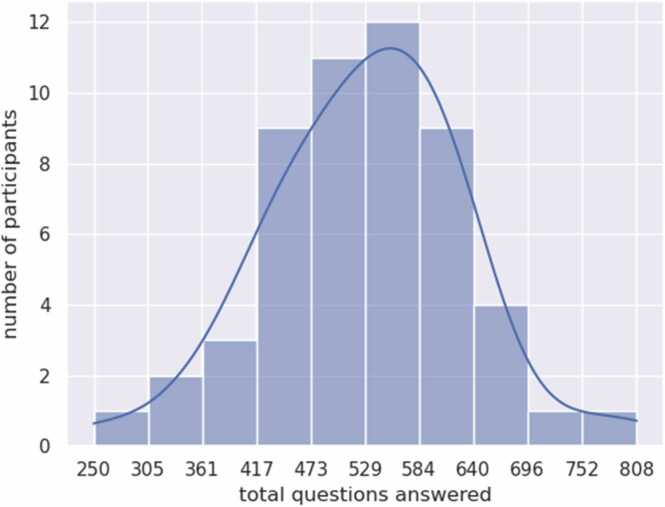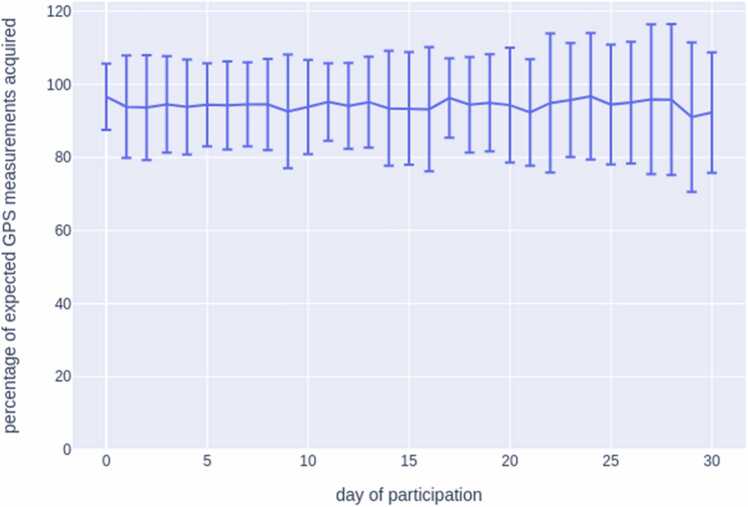The feasibility of utilizing the open dynamic interaction network (ODIN) app to assess rEMA data across 30 days among those recovering from alcohol use disorders
IF 2.9
引用次数: 0
Abstract
Preliminary data from a prospective micro-longitudinal study (30 days) that examined the co-evolution of return to use risk among people diagnosed with an alcohol use disorder (AUD) in residential substance treatment is presented. Data assessed the feasibility of using the open dynamic interaction network (ODIN) responsive ecological momentary assessment (rEMA). rEMA collected daily estimates on affect, urges, sober-support engagement, and use. The ODIN app administered twelve daily questions at established EMA times. GPS-identified sober support engagement and alcohol access exposure prompted additional questions. Of the eight hundred questions, most people answered 500 questions. Five-day estimates showed that 80 % of the participants answered between 80 and 100 questions (10–30 questions/day). The ODIN app acquired 95 % of GPS readings across 30 days (~288 GPS readings/day). Most were satisfied with the stability (84 %), look/feel (82 %), and ease of use (92 %) of the ODIN app. Participants also reported interest in longer assessments that prompted them to call a sponsor (85 %) or to use prevention skills (72 %). Preliminary findings show that the ODIN platform accurately and efficiently collects data amongst this population.


利用开放动态交互网络(ODIN)应用程序评估酒精使用障碍恢复者30天内rEMA数据的可行性。
本文介绍了一项前瞻性微纵向研究(30天)的初步数据,该研究检查了在住院药物治疗中被诊断为酒精使用障碍(AUD)的人重返使用风险的共同演变。数据评估了开放式动态交互网络(ODIN)响应性生态瞬时评价(rEMA)的可行性。rEMA收集每天对影响、督促、清醒支持参与和使用的估计。ODIN应用程序在规定的EMA时间管理12个每日问题。gps识别的清醒支持参与和酒精接触引发了其他问题。在800个问题中,大多数人回答了500个问题。五天的估计显示,80%的参与者回答了80到100个问题(10-30个问题/天)。ODIN应用程序在30天内获得95%的GPS读数(~288个GPS读数/天)。大多数人对ODIN应用程序的稳定性(84%),外观/感觉(82%)和易用性(92%)感到满意。参与者还报告了对更长的评估的兴趣,这促使他们打电话给赞助商(85%)或使用预防技能(72%)。初步调查结果表明,ODIN平台准确有效地收集了这一人群的数据。
本文章由计算机程序翻译,如有差异,请以英文原文为准。
求助全文
约1分钟内获得全文
求助全文

 求助内容:
求助内容: 应助结果提醒方式:
应助结果提醒方式:


